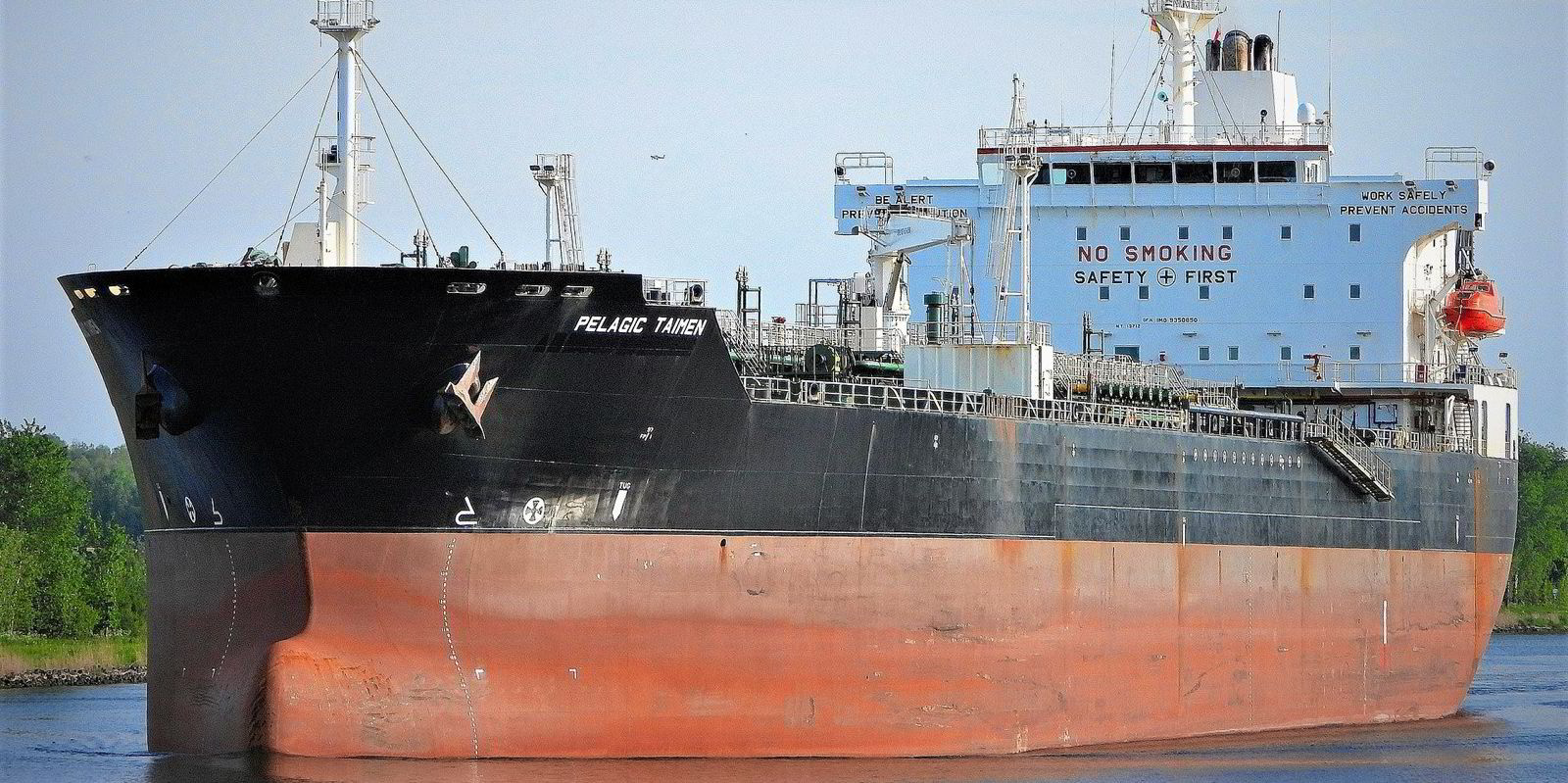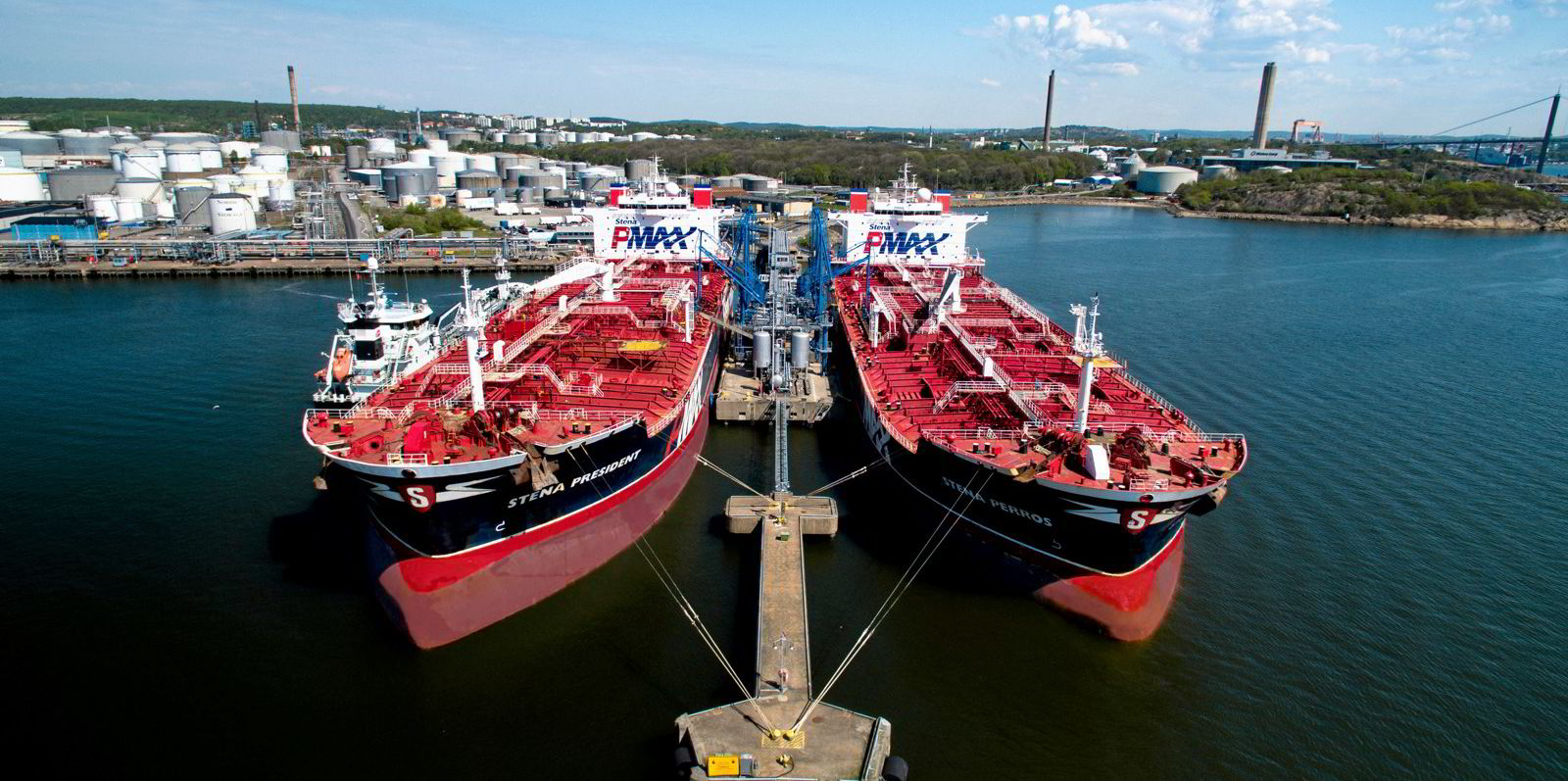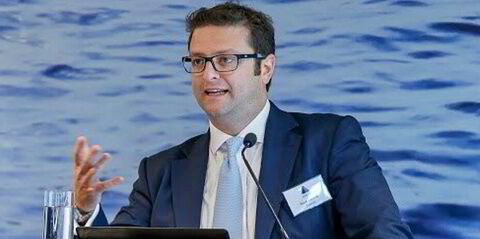Spot market earnings for MR product tankers in the Atlantic market plunged 8.2% on Wednesday as healthy enquiry from charterers in northern Europe was not enough to stack up against available tonnage and a slump in backhaul rates.
The Baltic Exchange’s assessment of time-charter equivalent (TCE) earnings on the triangular trade between Europe and the US East and Gulf coasts fell nearly $3,170 in a day to reach $35,600 per day.
That marks the lowest rate for the route since 16 June, when rates in the Atlantic were starting an upward trajectory that reached a peak of $47,800 per day, according to data from the exchange.
The day also saw a drop in the futures market, with forward freight agreements for August plunging about $1,860 on Wednesday to just over $38,300 per day, which is still higher than prevailing rates in the spot market.
UK shipbroker Howe Robinson assessed journeys on the TC2 fronthaul route from Rotterdam to New York at Worldscale 315, the equivalent of $32,500 per day for a non-eco vessel. The rate was unchanged from the day before, despite the fact that the outfit said there was “no let-up in terms of enquiry” on a day that saw seven MRs fixed on subjects in northern Europe.
“That rates have not really moved (and may be further hampered by a ship failing subs late this afternoon) is a clear indication of the volume of tonnage available to charterers at the moment,” Howe Robinson said in its daily report.
The broker added that two expected cargo stems are no longer looking for a ship, which could prevent upward momentum.
The backhaul journey on the TC14 route from the US Gulf Coast to Europe dropped to WS 190, or the equivalent of about $7,870 per day, from WS 229 on Tuesday.
“The softening of TC14 will result in additional ballasting vessels in coming windows,” the firm said.
The slump in Atlantic MR earnings came as other clean product tanker routes gained during the day, including benchmark trades for LR1s, LR2s and MRs in the Pacific.
The Baltic Clean Tanker Index dipped 5 points on Wednesday to 1,382, the lowest level since 6 June.





